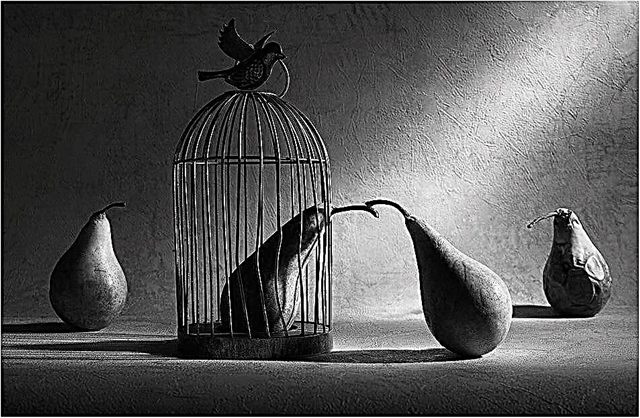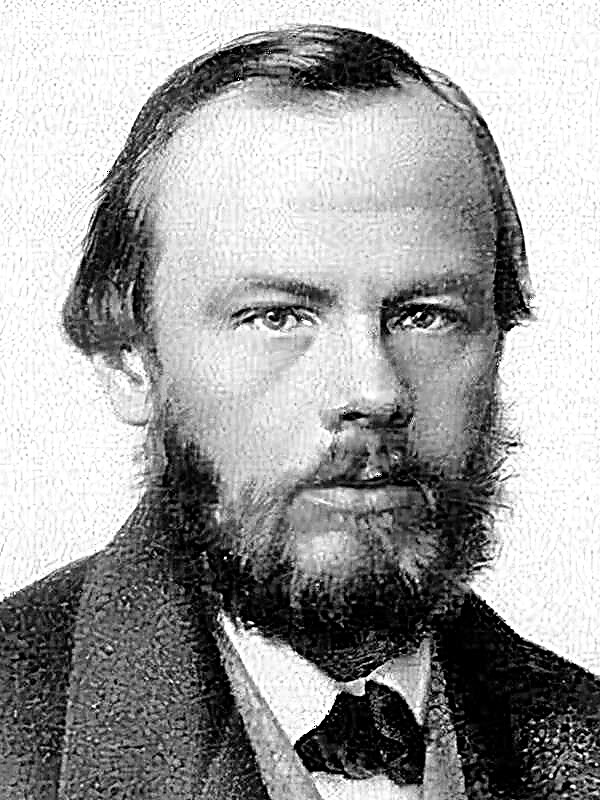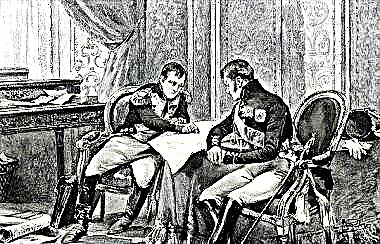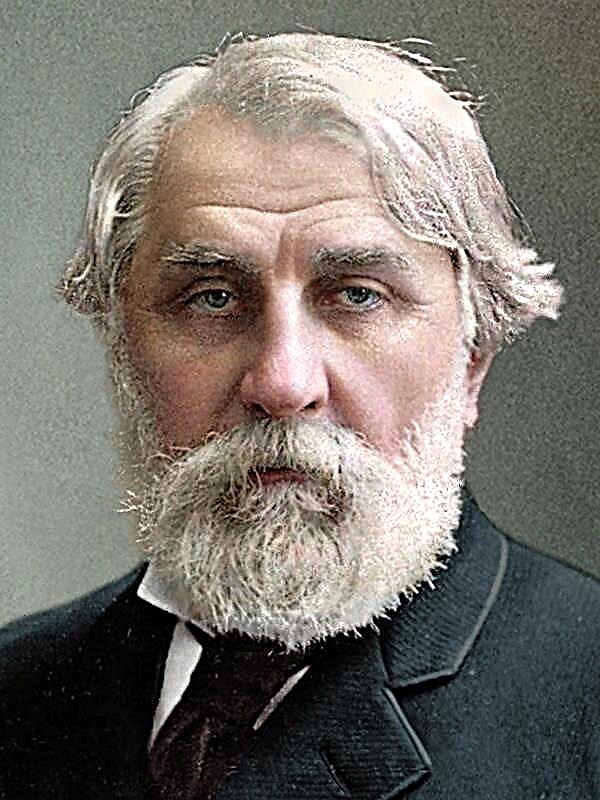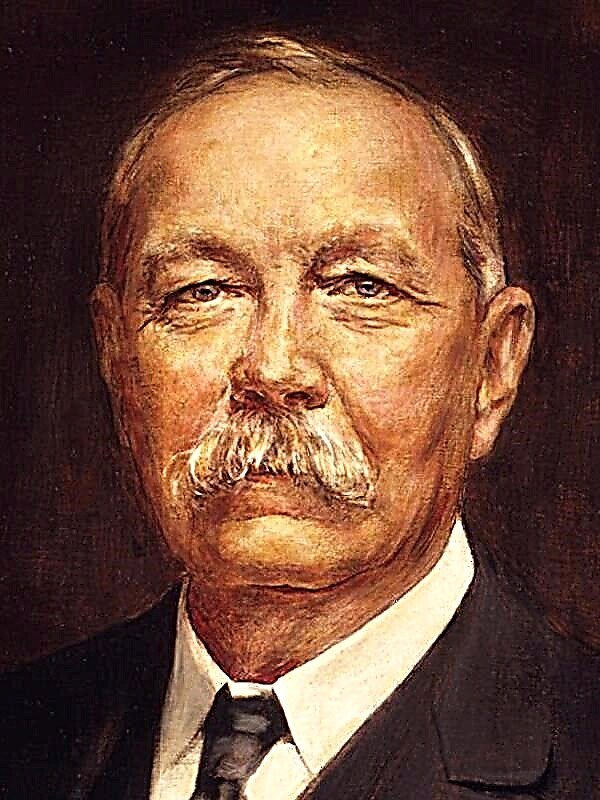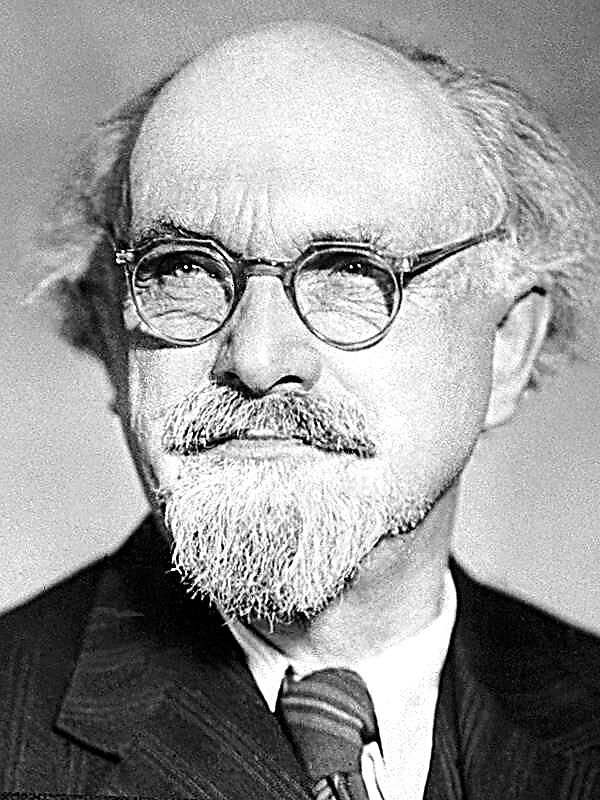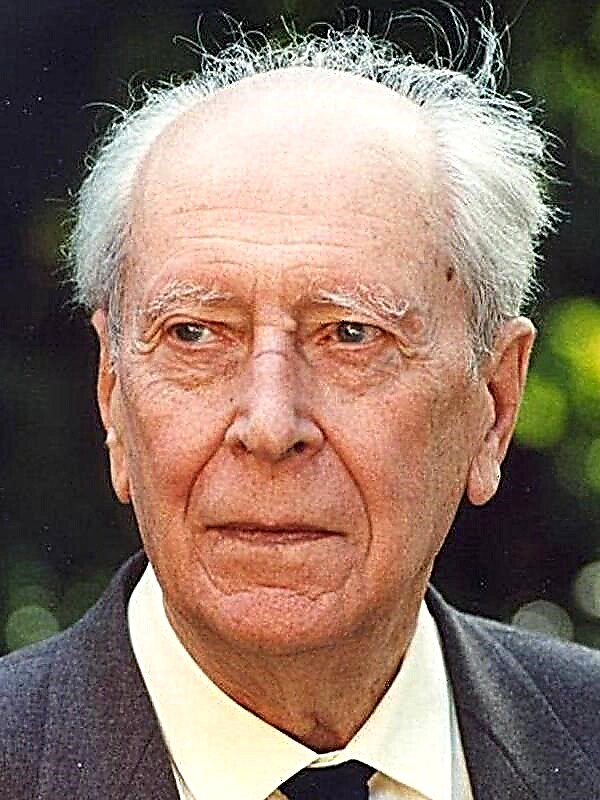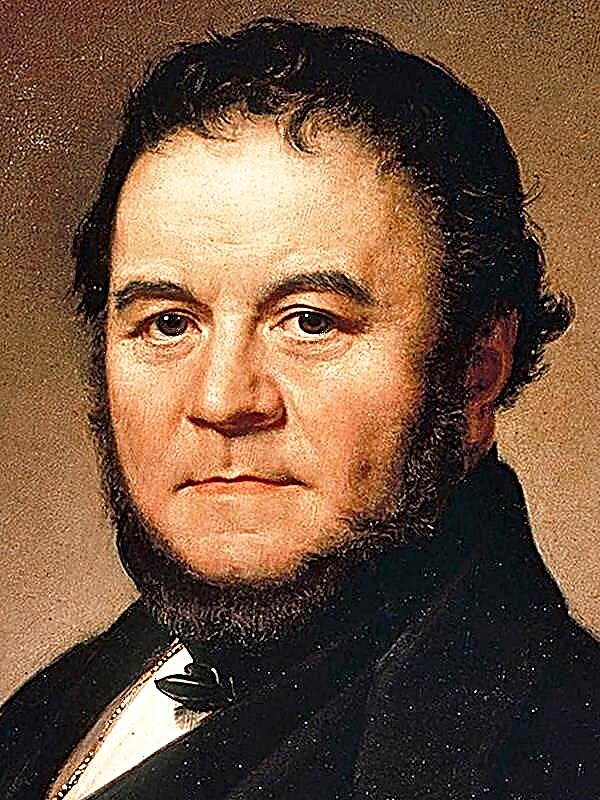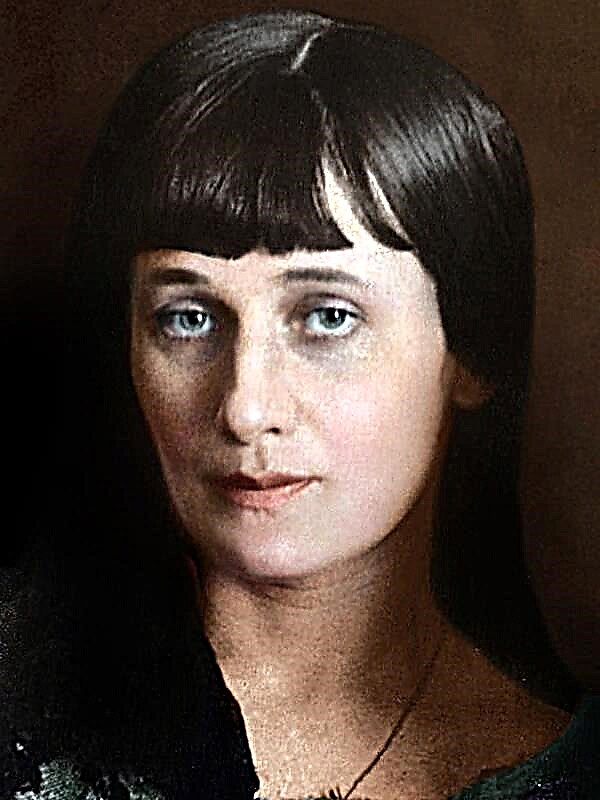V.'s story. It describes the life of people who find themselves in a difficult life situation, namely, the homeless. For some reason, these people are in difficult domestic and social conditions, they suffer mentally and physically. Their shelter is the sky above their heads, their food is what they managed to steal. Nobody needs them, society got rid of them, expelled them as a disease from their clean, right life. But these people are suffering not only because they are thrown into the appendage, each of them has their own personal drama, with which they are forced to live and cope one on one. This leaves a special imprint on their faces, makes them move farther and farther away from that calm, prosperous life that runs parallel to their own - miserable, evil, lonely, hungry. “They either suffered cruelly from persecution if they were weak, or made the townsfolk suffer if they possessed the strength necessary for this.”
But even despite the general negative picture of the work, it is saturated with compassion for these homeless people. This is because the main character of the story is a nine-year-old boy, Vasya, who, unlike adults, cannot pass by and not help. He empathizes, he feels this pain and sincerely, childishly, offers help. He does not care about the opinions of those around him, his suffering does not repel him, but, on the contrary, provides an incentive. He is trying with all his might to participate in the life of hermits, to help them. And interestingly, he is absolutely not afraid to be in a society of the homeless. He listens to conversations about life, he understands the pain that each of them had to endure and tries to share it. Sometimes his help is rejected, even if they need it most of all others. And Vasya also understands this.
The boy’s father also has his own personal tragedy. He recently lost his wife. The grief seems to him unbearable, he closes in himself, more and more moving away from the surrounding world, feeling alienation even to his own son. He forgets about how important it is to help the child in this difficult period, because if he lost his wife, then the boy lost his mother. More and more the widower is moving away from her son, it seems to him that love for Vasya is an obligation imposed on him. And the boy feels this cold, moving away in response.
But there are moments when Vasya sees his father as before, until his mother’s death. These are pure and joyful emotions that the boy wants to catch, survive with his father. He wants to hug him, caress, fool around, reunite in his native feeling. But he does not have time, these moments of sincere joy are too short, after which the father becomes even more withdrawn. So the author points us to a deeper tragedy of the situation: people are able to experience real joy only in a community with someone, you can live in peace and joy only in tandem. But life is such that people themselves build walls, fencing themselves off from the world.
And yet, Vasya’s father did not finish his wall. Even at the moment when he acts honestly and does not listen to denunciations about poor renegades, we understand that he is not without compassion and his soul has not become stale. As a result, both father and son, without saying a word, begin to engage in helping the homeless. They have not been aware of this for some time, but events are taking shape in a very happy way and they will learn about each other. And then the lost feeling returns to them, compassion destroys the barrier between them, returning love to the family of father and son.

